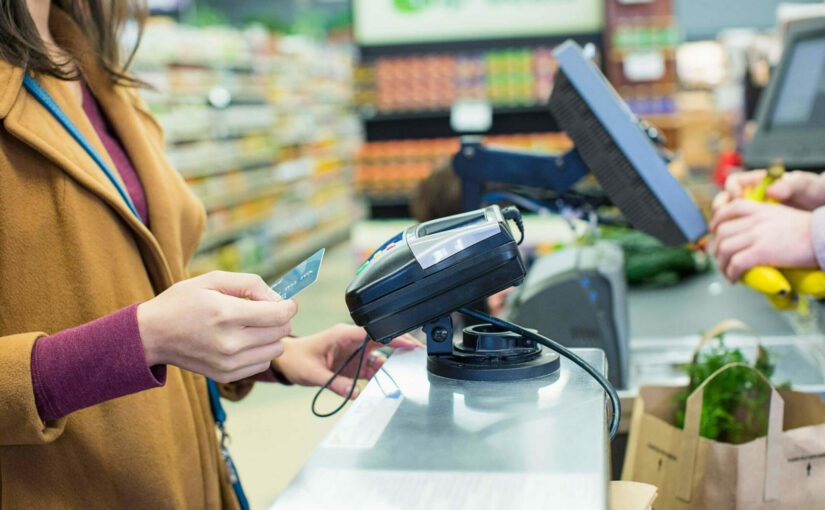by Vicki Moore, PhD
A recent study evaluated the effects programs aimed at addressing food insecurity have on treatment outcomes for patients with cancer. Each intervention seemed beneficial, with a voucher-plus-pantry program appearing to be the most effective. The study’s findings were published in the Journal of Clinical Oncology.
“To our knowledge, this preliminary study is the first to prospectively examine the impact of food insecurity interventions in the clinic setting on cancer outcomes,” the study investigators noted in their report.
The randomized, controlled trial (ClinicalTrials.gov Identifier: NCT01603316) included 117 patients with cancer who were considered food insecure and were undergoing treatment across 4 safety-net cancer clinics in New York City. Food insecurity was defined as a score of 3 or higher on the 18-item US Department of Agriculture Household Food Security Survey Module.
Intervention duration was 6 months, and patients were randomly assigned 1:1:1 to 3 arms: Arm 1, 40 patients were provided food on a weekly basis from a food pantry at the cancer clinic; Arm 2, 37 patients were given food vouchers in the form of debit cards in addition to access to 1 bag per week from the clinic food pantry; and Arm 3, 40 patients were given groceries delivered to their homes in addition to access to 1 bag per week from the clinic food pantry. Food pantry bags were valued at $35 USD per bag, food vouchers for patients in arm 2 were valued at $230 USD per month, and grocery deliveries for patients in arm 3 were valued at $57 to $60 USD per week.
The primary study outcome was completion of scheduled cancer treatments for the duration of the intervention. An intervention was considered to be promising if it was associated with a treatment completion rate of 90% or higher.
The treatment completion rate was highest for arm 2 (94.6%), the group that received vouchers plus food-pantry access; treatment completion rates were 82.5% for arm 3, which received grocery deliveries with pantry access, and 77.5% for arm 1, which received from only the pantry (P =.046). The intervention involving vouchers plus pantry access met the criterion for being a promising intervention.
In addition to the primary outcome, multiple secondary outcomes were evaluated. Scores related to food security were considered to show significant improvement with each intervention. Depression scores, measured with the Patient Health Questionnaire-9, showed statistically significant improvements in arm 1 (pantry access only) and arm 3 (grocery delivery with pantry access), in comparison with scores obtained at baseline. Quality of life, measured with the Functional Assessment of Cancer Therapy-General, also was considered significantly improved for arms 1 and 3.
The investigators indicated that 61% of patients in this study shared food with other family members. They recommended that programs providing food assistance should consider household size and plan accordingly when possible.
“In conclusion, in this preliminary study, the findings suggest that a promising food insecurity intervention (voucher plus pantry) can improve cancer treatment completion among underserved patients with cancer,” the investigators concluded in their report.
Reference
Gany F, Melnic I, Wu M, et al. Food to overcome outcomes disparities: a randomized controlled trial of food insecurity interventions to improve cancer outcomes. J Clin Oncol. Published online June 16, 2022. doi:10.1200/JCO.21.02400
This article was published by Oncology Nurse Advisor.


